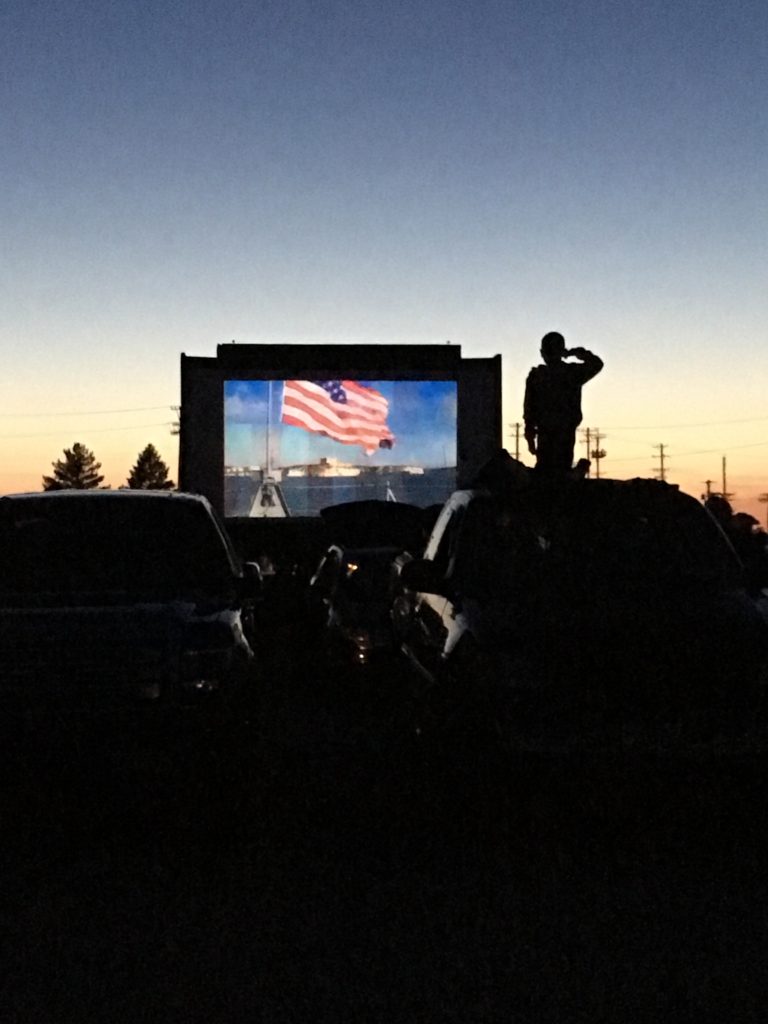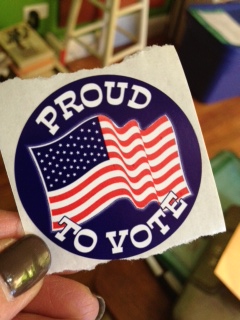 Tonight is the big night at the Republican National Convention. The Donald, the candidate so many thought wouldn’t make it through the primaries, will accept the party of Lincoln’s nomination. Sit on that one for a minute, especially if you are a Republican or grew up in Republican family.
Tonight is the big night at the Republican National Convention. The Donald, the candidate so many thought wouldn’t make it through the primaries, will accept the party of Lincoln’s nomination. Sit on that one for a minute, especially if you are a Republican or grew up in Republican family.
I’m not going to pretend here. I’m not a fan. In fact, after watching Gov. Chris Christie whip the crowd into cheers of “Lock her up!” I realized that was as close to a modern-day lynch mob as I wanted to get. I truly expected an effigy of Hillary Clinton to appear somewhere in the middle of the arena floor.
But I want to encourage all of you to consider watching tonight. And watch next week. Watch it on C-SPAN or streamed without commentary if you are able to. Watch and listen. Open your eyes and your heart, and don’t let it all crush your soul. Find what gives you hope and cling to that because politics is not the answer. But ignoring what is happening in politics in our country also is not the answer.
Evangelicals, particularly the white ones, are getting a bad rap this election cycle, and I can’t say it’s undeserved. The rise of Trump’s candidacy is being connected to white evangelicals and everywhere on my social media feeds are white evangelicals crying out, “Not this white evangelical!”
But that doesn’t excuse you from paying attention and washing your hands any more than reminding me your grandparents didn’t own slaves or live next to any Japanese families who were interned excuses you from understanding and examining how history impacts currently realities. As Christians we cannot read scripture and say the history recorded in scripture and around the same time the Bible was written have no impact on our lives. How can we be so ignorant as to believe the genocide of Native Americans, slavery, internment, unjust immigration laws of the past have no impact on how our churches, communities, schools, and laws currently function? (I’ll have to write more on all of that later.)
Be a witness. Many of my friends and I have described this week to a train wreck that we can’t seem to take our eyes off of. We know it’s crazy. We know it’s scary. We know that maybe we should avert our eyes or take cover from a possible explosion.
I’d like to think that it isn’t self-hatred that draws us back or a cynicism too deep to unravel in a blog post. I’d like to think that I am watching because there is a responsibility to be informed. I’ve been watching because I have friends and neighbors who are seeing something very different this week, seeing it through and processing it through a different lens and I want to be a witness from a different angle. It will be the same next week. I realize there are all sorts of privileges that are connected to being able to cease work and connect to a television to watch, but if you’re reading this blog you’re already there in that space of privilege. My dear readers, please use it.
Use your privilege to educate yourself. Read reports from different news sources. Watch tonight and again next week. Ask questions of friends who believe different things but also want the same things. Don’t rely on witty tweets (though mine are pretty funny) and memes. Watch. Watch and read. We need to be witnesses.

